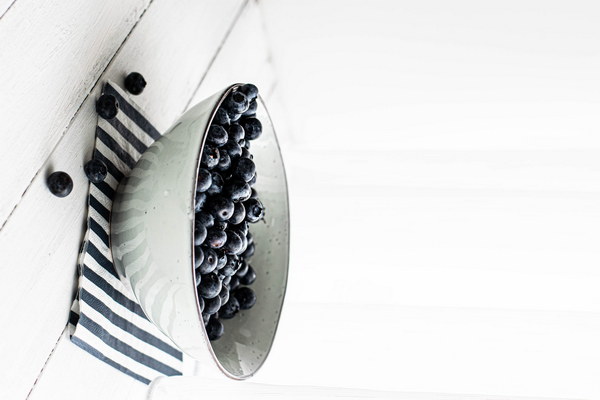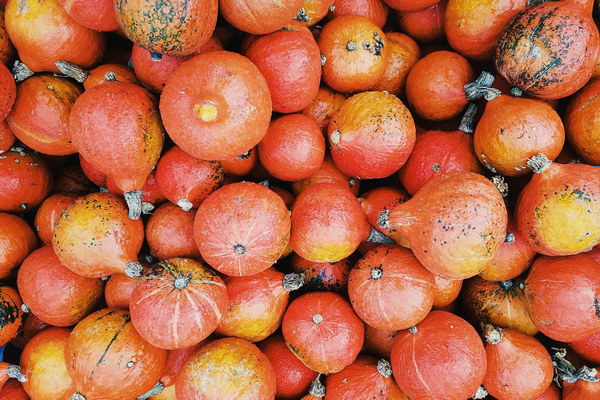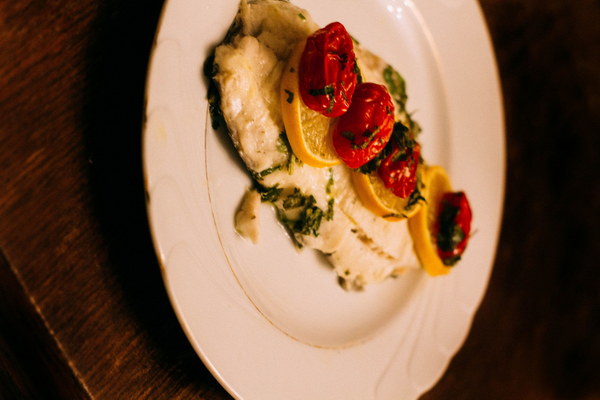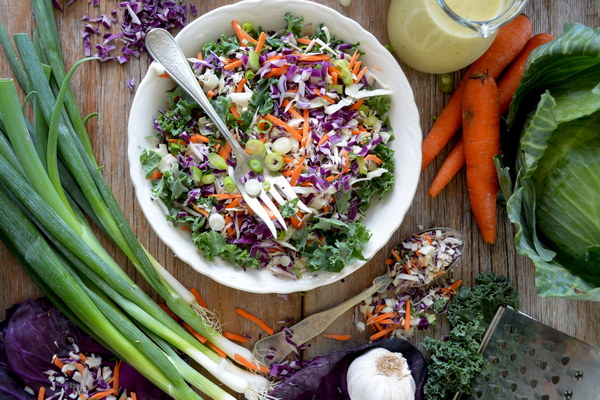The Ultimate Guide to Banishing Cold Dampness Effective Strategies for Treating Spleen Deficiency
Introduction:
Spleen deficiency is a common condition in traditional Chinese medicine, where the spleen is believed to play a crucial role in the body's digestive and immune functions. One of the symptoms of spleen deficiency is the presence of cold dampness, which can manifest as fatigue, bloating, and weight gain. This article aims to provide you with the ultimate guide to banishing cold dampness and improving your overall health by addressing spleen deficiency.
1. Understanding Spleen Deficiency and Cold Dampness:
Spleen deficiency is characterized by a weakened spleen, which leads to poor digestion, absorption, and transportation of nutrients. Cold dampness, on the other hand, refers to the accumulation of cold and dampness in the body, which can result from factors such as a poor diet, excessive exposure to cold, or stress.
2. Identifying the Symptoms of Spleen Deficiency and Cold Dampness:
Some common symptoms of spleen deficiency and cold dampness include:
- Fatigue and weakness
- Bloating and bloating
- Weight gain
- Dull headache
- Cold hands and feet
- Poor digestion
- Puffy eyes and face
- Mucus production
- Joint pain
3. Lifestyle Changes:
To combat spleen deficiency and cold dampness, it is essential to adopt a healthy lifestyle that promotes overall well-being. Here are some tips:
- Regular exercise: Engaging in moderate exercise, such as walking, jogging, or yoga, can help improve circulation and strengthen the spleen.
- Adequate sleep: Ensure you get enough rest to allow your body to recover and rejuvenate.
- Stress management: Practice stress-reducing techniques, such as meditation, deep breathing exercises, or engaging in hobbies.
4. Diet and Nutrition:
A balanced diet plays a vital role in addressing spleen deficiency and cold dampness. Here are some dietary recommendations:
- Increase the consumption of warm, nourishing foods: Incorporate foods like ginger, garlic, onions, and cinnamon into your diet, as they help to warm the body and eliminate dampness.
- Avoid cold and raw foods: Cold and raw foods can exacerbate spleen deficiency and cold dampness. Instead, opt for steamed, roasted, or cooked meals.
- Limit damp-producing foods: Reduce your intake of foods that contribute to dampness, such as dairy products, sugary foods, and refined carbohydrates.
- Include spleen-strengthening foods: Consume foods like sweet potatoes, millet, and black beans, which are known to support the spleen's functions.
5. Herbs and Supplements:
Herbal remedies can be an effective way to address spleen deficiency and cold dampness. Some commonly used herbs include:
- Astragalus (Astragalus membranaceus): Known for its immune-boosting properties, it helps to strengthen the spleen.
- Codonopsis (Codonopsis pilosula): This herb supports the spleen's energy and helps eliminate dampness.
- White atractylodes (Atractylodes macrocephala): It is used to improve digestion and eliminate dampness.
6. Acupuncture and Traditional Chinese Medicine (TCM):
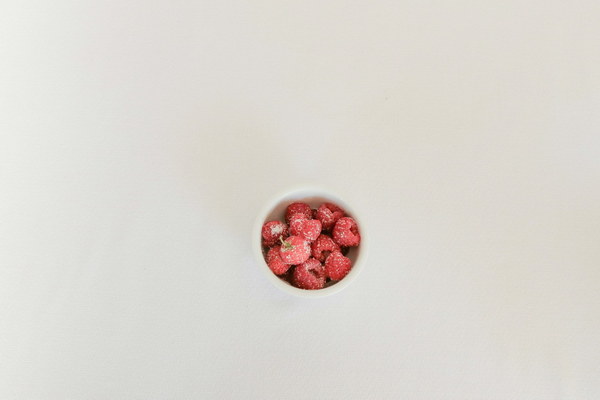
Acupuncture and TCM treatments can help address the root cause of spleen deficiency and cold dampness. A qualified practitioner can provide tailored treatments that may include acupuncture, herbal medicine, and lifestyle advice.
Conclusion:
Treating spleen deficiency and cold dampness requires a holistic approach that encompasses lifestyle changes, diet, and potentially alternative therapies. By implementing the strategies outlined in this article, you can effectively banish cold dampness and improve your overall health. Remember to consult with a healthcare professional before making any significant changes to your diet or treatment plan.


